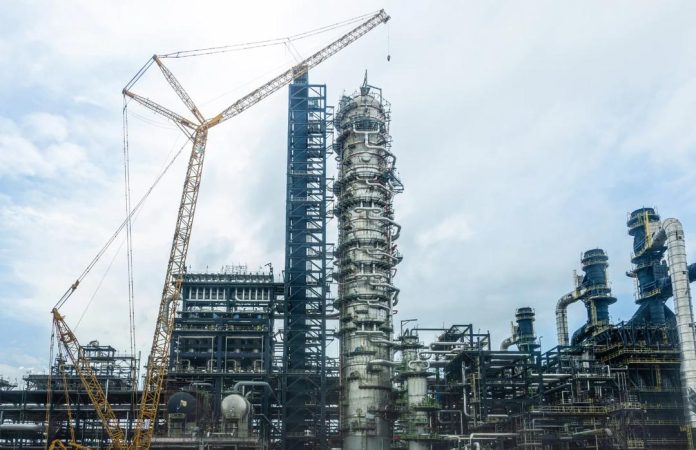By Hauwau Shehu Maikeffi
In a country where power supply is as unpredictable as the weather, Nigerian manufacturers are fighting an uphill battle for survival. Energy costs, once a manageable line item, have now ballooned to consume almost 40% of total production costs, leaving industries gasping for breath.
Across Lagos, Kano, Ogun, and other industrial belts, factory owners have become reluctant energy experts — not by choice, but by necessity. The national grid’s frequent collapses, unstable voltage, and widespread blackouts have forced many companies to rely heavily on diesel-powered generators. And with global oil prices surging and the local cost of diesel fluctuating between ₦1,200 to ₦1,600 per litre, the price of staying open has never been steeper.
According to data from the Manufacturers Association of Nigeria (MAN), the manufacturing sector spent at least ₦144.5 billion on sourcing alternative energy in 2022, an 87% increase compared to the previous year. This number is expected to rise even further by the end of 2025 if current trends continue.
For small and medium manufacturers, the situation is especially dire.
“I spend more on diesel in one month than I do on raw materials,” laments Femi Adegboye, owner of a mid-sized packaging factory in Ogun State. “Sometimes we switch off machines midday, not because work is done, but because the generator can’t be sustained.”
The ripple effects are devastating:
Production costs have skyrocketed, making Nigerian goods less competitive both locally and internationally.
Factory closures are becoming frequent, especially among SMEs (small and medium enterprises) that lack the financial buffer to absorb soaring costs.
Unemployment is rising, as companies slash jobs to stay afloat.
Inflation on manufactured goods is worsening, hitting consumers already reeling from food and transport cost spikes.
Even larger players are not immune. Multinational manufacturers with Nigerian branches have had to reconsider expansion plans, citing unsustainable operational environments.
The government’s 2024 deregulation of the power sector had aimed to spur improvements, but many experts argue it has only shifted the burden onto manufacturers without first fixing deep-rooted structural problems. New electricity tariffs, introduced in April 2025, now charge businesses based on “cost-reflective” rates — often two to three times higher than previous bills — without a corresponding improvement in supply reliability.
“The system forces us to pay for darkness,” says a frustrated plant manager in Lagos.
Analysts warn that without urgent intervention — including investment in stable power infrastructure, subsidized energy support for manufacturers, and stronger renewable energy integration — Nigeria risks deindustrialization.
“If manufacturing collapses,” warns economic analyst Dr. Adaobi Nwosu, “so does the dream of a self-sufficient economy.”
For now, factory floors across Nigeria rumble sporadically, their machines often silenced not by lack of demand, but by the invisible enemy — an energy crisis tightening its grip.
And every day the silence grows louder.










